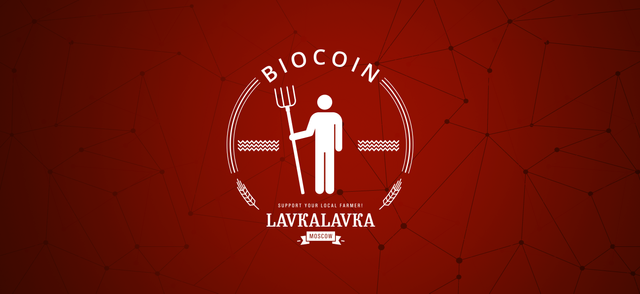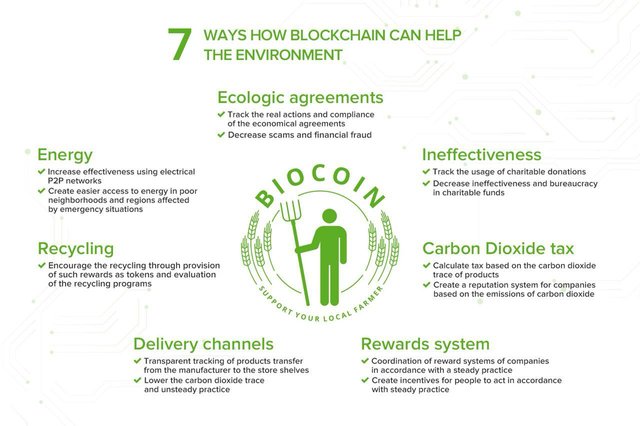How LavkaLavka a cooperative that sell Pure Organic Products was born

Major Russian grocery chains, eager to find new suppliers, as a result of new policy in Russia. Mr. Akimov, the founder of Russia’s fledgling farm-to-table movement was the best person to talk to. Major grocery tracked Mr. Akimov as the best person that can provide the solution, he was asked pertinent supply questions. What percentage chickens and eggs might he offer, they needed to understand, and will he deliver one hundred a tons of cheese, say with immediate supply
Mr. Akimov could not meet the supply and he turns down the deal base on his 100 farmers cannot supply the required quantity. LavkaLavka, the organic farm cooperative he and his colleague set up past, sells between six and twelve tons of artisanal cheese annually,
Senior leaders, beginning with Mr. Putin, publicized food sanctions as an opportunity for Russians to finally stock their larders with local farm product. Dmitri A. Medvedev, the prime minister, released a “road map” for agriculture development. “The aim of our efforts is to extend our own agricultural production and to cut back Russia’s dependence on food imports,” he said.
But the content of the roadmap was essential with new agricultural policies promise by the end of 2015.
Flying over France’s brandy region 2 years past, Mr. Akimov detected that each field, every lake, each thicket was showing neatness pomaded and exploited — there was no space for brand new projects. “If you checked out Russia there's nothing, nothing, nothing — you'll do everything,” he said.
As a result of Soviet Union collapse, the govt advanced large-scale company farming and essentially favored imports.
“Peasants have forever been inferior citizens — throughout the czarist era, throughout Soviet times and still these days,” aforesaid Vladimir V. Miloserdov, associate agriculture professional raised on a collective in southern Russia, who vividly recollects the lot 2 sacks of grain his family received as its annual remuneration.
In the last twenty years, quite 106 million acres of productive land have fallen of production, Mr. Miloserdov aforesaid, and Russia has fewer oxen currently than it did in 1940 .
Experts agree that's a sorry state of affairs for the most important country on earth.
Far from prodding production, sanctions up to now have served principally to boost food costs. Inflation has increased to 8.3 % this year, well on top of the anticipated 6 %, with the increased cost to escalating food costs as native producers exploit shortages or importers pass the cost of logistic in salmon from places like Chile rather than close Scandinavian nation.
Prices for meat and poultry rose up to 8 % through October, whereas dairy farm product were up by over 15 %, in line with the federal statistics agency, Rosstat.
“Russia cannot offer itself with dairy farm product, fish, vegetables and alternative varieties of food,” aforesaid Mikhail Anshakov, the top of the Society for the Protection of consumer Rights, that called fr food sanctions to be rescinded. “Self-imposed sanctions underneath these circumstances were madness.”
The public has typically supported the sanctions, however, as a result of the Kremlin wrapped the concept in nationalist colours, and state-run tv often broadcasts programs showing supermarkets exploding with merchandise from continent, Asia and geographical region. whereas the foreign journalism tend to specialize in the dismay of the urban elite over the explosive dearth of oysters and pate de foie gras, Mr. Anshakov aforesaid, the important story is that the potential gap in providing staples like milk.
Dairy farms have lots of forage at the tip of summer, he said, however with winter comes the most challenge to farming in Russia — nearly the whole country freezes. At that time dairy farm corporations sometimes import Brobdingnagian amounts of dry milk to combine with real milk, Mr. Anshakov aforesaid. “Now with the sanctions that's not possible,” he said, with dry milk from ancient suppliers barred.
Some farmers, however, are slightly joyous regarding their prospects underneath sanctions.
Justus Walker, an American migrant farmer reside in Siberia, became a YouTube sensation for a brief news clip make a gist at gist atght that he might finally sell the cheese he produces as a result of the cheaper Italian selection would not be obtainable.
For instance chicken sold in Russia come back from abroad, majorly from the US. Sanctions were new opportunities for our local farmer’s producers as imports no more force the price to lower selling price.
But consultants aforesaid that over the long-term higher costs wouldn't overcome a lot of basic issues faced by little native farmers like people who sell through LavkaLavka.
LavkaLavka has created a new mission.

The cooperative started by Mr. Akimov, then the creative director for an internet magazine, and his friend Sasha Mikhailov, an information technology specialist, started paging through the foremost cook book from czaristic times, “A Gift to Young Housewives.” the 2 men unbroken staggering across unknown root vegetables like rutabagas, parsnips and scorzonera.
“When you browse this book you will be surprise at the percentage of attention-grabbing things there have been, varieties of delicious things we had here in Russia that disappeared during the Soviet time,” Mr. Akimov exclaimed.
The two team began searching in farmers markets close to Moscow for ingredients, and eventually their hobby “changed from a epicurean project to a social project” to support native, organic farmers, Mr. Akimov aforesaid. They currently run 5 outlets, 2 little cafes and restaurant.
Members of the cooperative hope sanctions would last for longer period of time for Russians to start out exploring their own food, not simply substitute imports from China or Turkey for what once came from the US and Europe.
To fastback, the process of homegrown and development of agricultural industry in Russia, LavkaLavka has started monthly food festivals celebrating local farm produce. The parsnip that is named Pasternak in Russian. Mr. Akimov Pasternak is referring to a vegetable, however no one is aware of it.”
LavkaLavkas’ customers and different participants of the platform will get biocoins worth 10% of the value of every purchase. For currency’s price step-up it'll be saved, redeem by LavkaLavka and new platform participants from investors who purchased it during the ICO period. Thanks to the development of the platform the worth of our Crypto-currency at the exchange can grow, later we are going to acquire from investors at a better value than it price during the ICO.
The cost of developing the platform can pay off even before the completion of the ICO. The return can move to refine the loyalty system, combined with the blockchain-platform, and increase the number of platform users by opening new points and increasing our partner base.
BioCoin Wallet
Tokens can be purchased using:
Bitcoin, Efirium, Sibkoyn, WAVES, MasterCard and Visa cards, QIWI, Yandex Money, for rubles, dollars and euros.
Download the BioCoin Wallet -https://wallet.biocoin.help/en/
https://biocoin.bio/en
https://biocoin.bio/files/Whitepaper.pdf:
Github URL: https://github.com/Blackithart/biocoin
Blockchain explorer BioCoin: http://block-explorer.biocoin.bio/